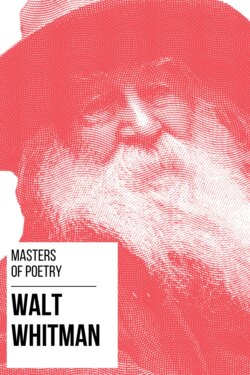Читать книгу Masters of Poetry - Walt Whitman - August Nemo, John Dos Passos, Ellen Glasgow - Страница 54
На сайте Литреса книга снята с продажи.
IX
ОглавлениеWhitman threw himself with love and enthusiasm upon this great, crude, seething, materialistic American world. The question is, Did he master it? Is he adequate to absorb and digest it? Does he make man-stuff of it? Is it plastic in his hands? Does he stamp it with his own image? I do not ask, Does he work it up into what are called artistic forms? Does he make it the quarry from which he carves statues or builds temples? because evidently he does not do this, or assume to do it. He is content if he present America and the modern to us as they are inwrought into his own personality, bone of his bone and flesh of his flesh, or as character, passion, will, motive, conviction. He would show them subjectively and as living impulses in himself. Of course a great constructive, dramatic poet like Shakespeare would have solved his problem in a different manner, or through the objective, artistic portrayal of types and characters. But the poet and prophet of democracy and of egotism shows us all things in and through himself.
His egotism, or egocentric method, is the fundamental fact about his work. It colors all and determines all. The poems are the direct outgrowth of the personality of the poet; they are born directly upon the ego, as it were, like the fruit of that tropical tree which grows immediately upon the trunk. His work is nearer his radical, primary self than that of most poets. He never leads us away from himself into pleasant paths with enticing flowers of fancy or forms of art. He carves or shapes nothing for its own sake; there is little in the work that can stand on independent grounds as pure art. His work is not material made precious by elaboration and finish, but by its relation to himself and to the sources of life.
